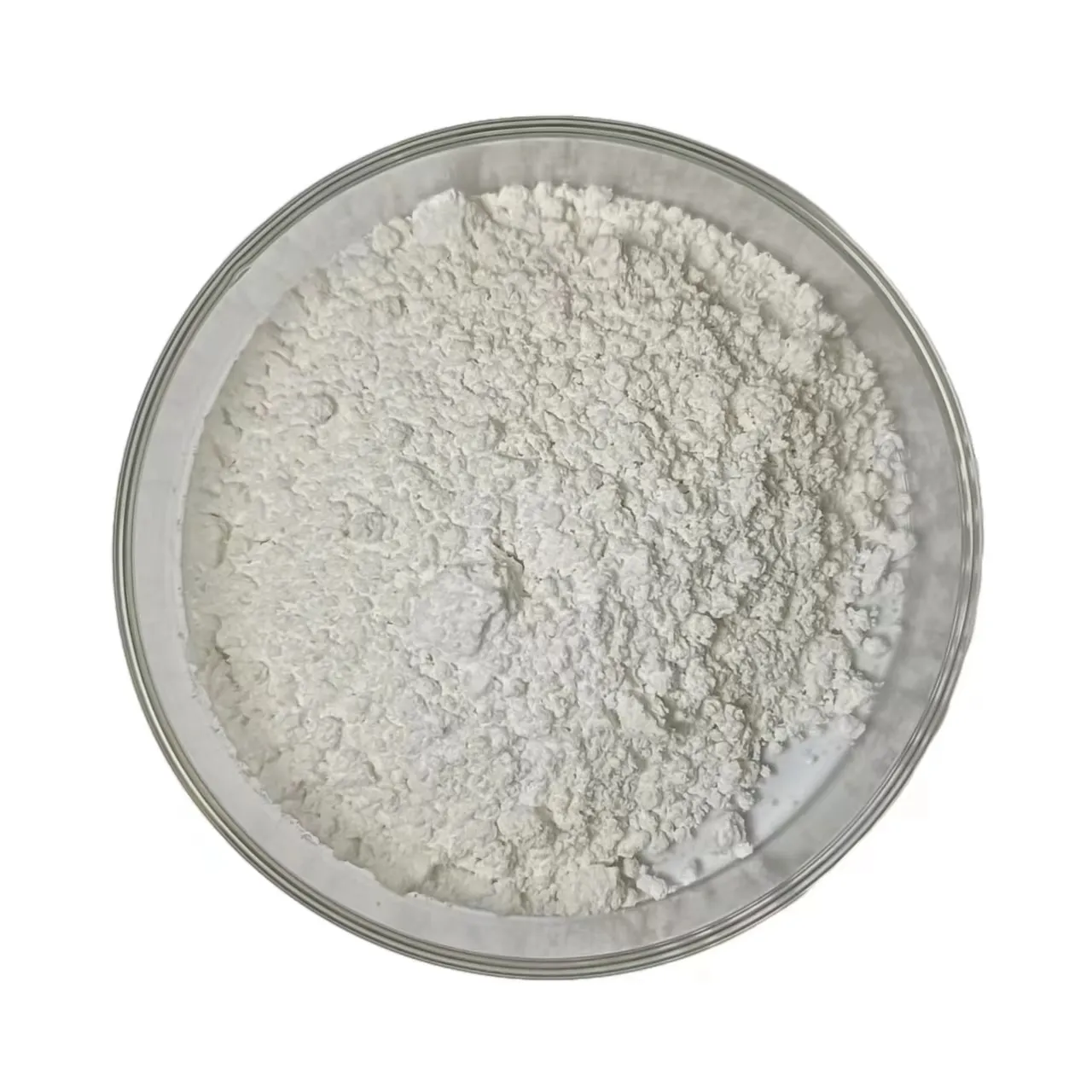Calcium provitamate is a plant growth regulator that has received widespread attention in the agricultural sector for its ability to improve crop quality and yield. This compound, commonly used in fruit and ornamental crops, works primarily by inhibiting the biosynthesis of gibberellins, a group of plant hormones that promote growth. By regulating these hormones, calcium provitamate helps control excessive vegetative growth, allowing plants to allocate more energy to the development of fruits and flowers.
One of the main benefits of calcium proceratin is its ability to effectively control plant height. For crops such as apples and grapes, overgrowth can lead to difficult harvests and greater susceptibility to disease. By using calcium proceratin, growers can achieve a more manageable plant structure, which not only facilitates easier harvesting, but also improves air circulation and light penetration within the canopy. This can result in healthier plants and higher yields.
Additionally, Prohexadione Calcium has been shown to improve fruit quality. For example, in apple production, the use of this growth regulator has resulted in increased fruit size, improved color, and enhanced firmness. These quality improvements are critical to meeting market standards and consumer preferences, ultimately resulting in economic benefits for growers.
Calcium procalcitonin is generally used during specific growth stages to maximize its effectiveness. It can be applied via foliar spray or soil application, depending on the crop and desired results. As with any agricultural input, growers must follow recommended guidelines to ensure optimal results and minimize any potential negative impacts on the environment.
In summary, Prohexadione Calcium is a valuable tool in modern agriculture that can provide a range of benefits, from improved plant structure to increased fruit quality. As research continues to explore its full potential, this growth regulator is likely to play an increasingly important role in sustainable agricultural practices.
Post time: Dec-18-2024






